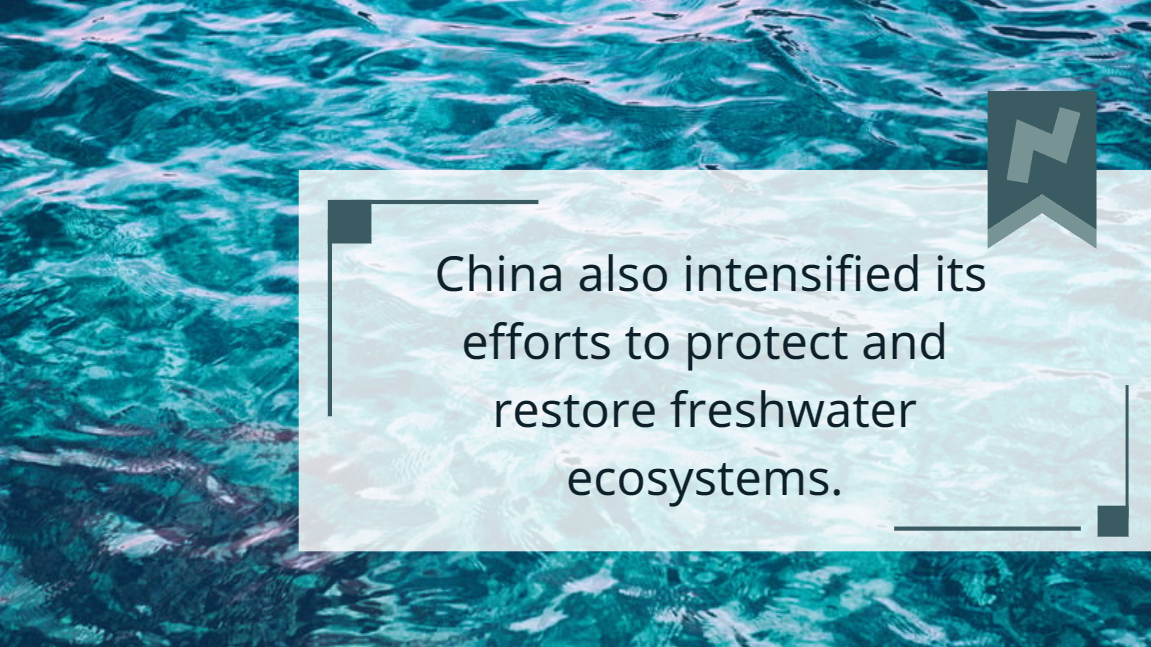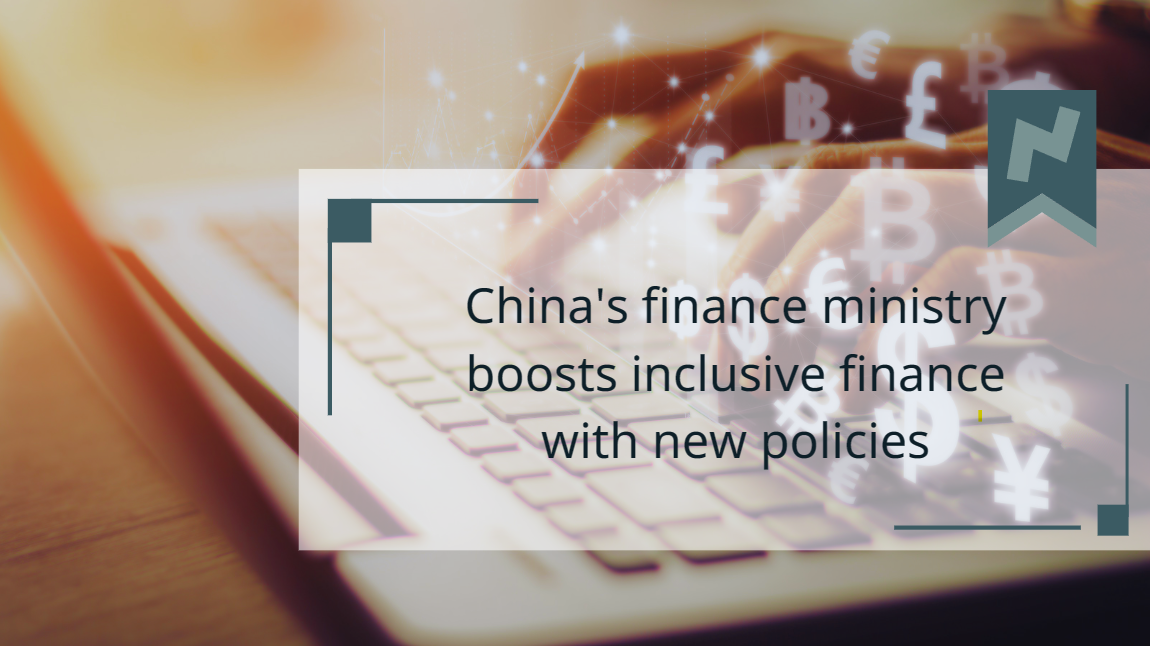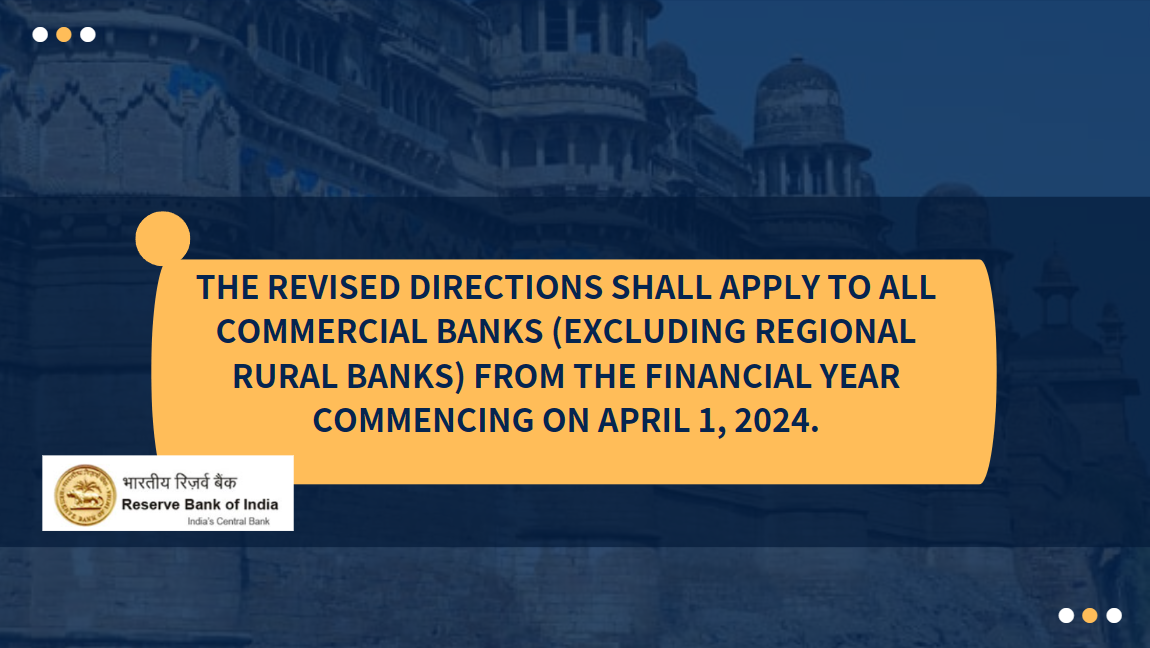SOEs in East China's Jiangsu say they end financing for local governments
Multiple state-owned enterprises (SOEs) in East China's Jiangsu Province announced that they have settled all implicit local government debt and won't help raise funds for local governments, which analysts said is key for preventing the excessively rapid growth of local government debt and containing potential financial risks.
More provinces are expected to follow suit to reduce the number of local government financing vehicles (LGFVs), they said.
Pizhou Transport Engineering Co and Pizhou Yuantong Public Transport Co on Tuesday issued statements on their market-oriented transformation, saying that their implicit government debt has been settled, and they will no longer assume the fund-raising function for public welfare projects.
They said that they will operate independently and take full responsibility for their profits and losses, according to a statement on the local government website.
Since mid-August, about 50 SOEs have reportedly made such moves.
"The steady transformation of local government financing vehicles will help contain the growth of implicit government debt, especially for regions that face sluggish economic development," Xi Junyang, a professor at the Shanghai University of Finance and Economics, told the Global Times on Wednesday.
Refuting Western media smears that "China's cities are on the verge of a debt crisis," analysts said the country's overall government debt ratio remains low compared with other major economies, and the country's local government bond debt risk is controllable, as a strong economic rebound provides support for local government revenue.
According to the latest data from the Ministry of Finance, local government bond issues from January to July this year stood at 4.9872 trillion yuan ($684.79 billion). As of the end of July, the total balance of China's local government bonds stood at 38.0234 trillion yuan, within the limit approved by the National People's Congress, the country's top legislature, of 42.17 trillion yuan.
So far, there have been no public reports of an LGFV default though some have sought loan extensions. In December, Zunyi Road and Bridge Construction (Group), an LGFV in Southwest China's Guizhou Province, announced it planned to extend the repayment of 15.6 billion yuan of bank loans within 20 years, according to media reports.
Rising local government debt adds pressure to local finance, as more than 10 provinces have used more than 10 percent of their fiscal revenue for interest payments, Xi said. However, there will not be a crisis, as the country has two-level risk prevention mechanism to ensure the safety of local government debt and the central government will lend a hand if necessary, he said.
In addition, when talking about local government debt risks, "we should not only assess a province's tax revenue, land sales and GDP growth but also its assets. Most Chinese provinces have sufficient assets to cover their debt," Cong Yi, a professor at the Tianjin University of Finance and Economics, told the Global Times.
He said provinces should solve the problem of exploding local government debt from the perspective of development, as enhancing the innovation capability to drive up local economic growth will naturally generate more tax revenue.






















































First, please LoginComment After ~